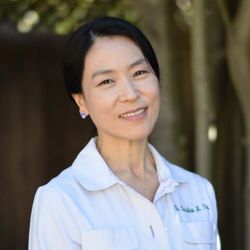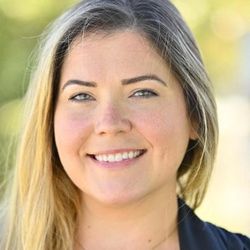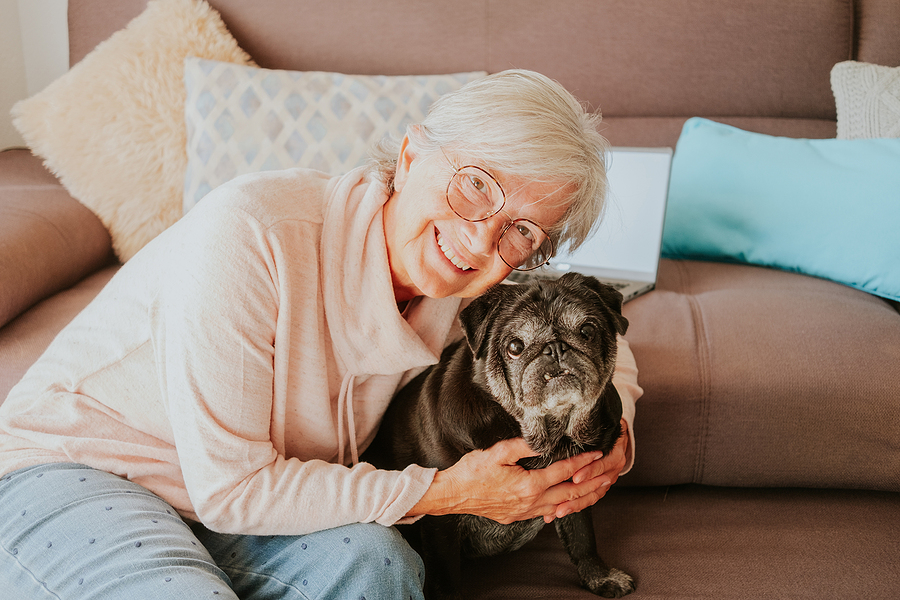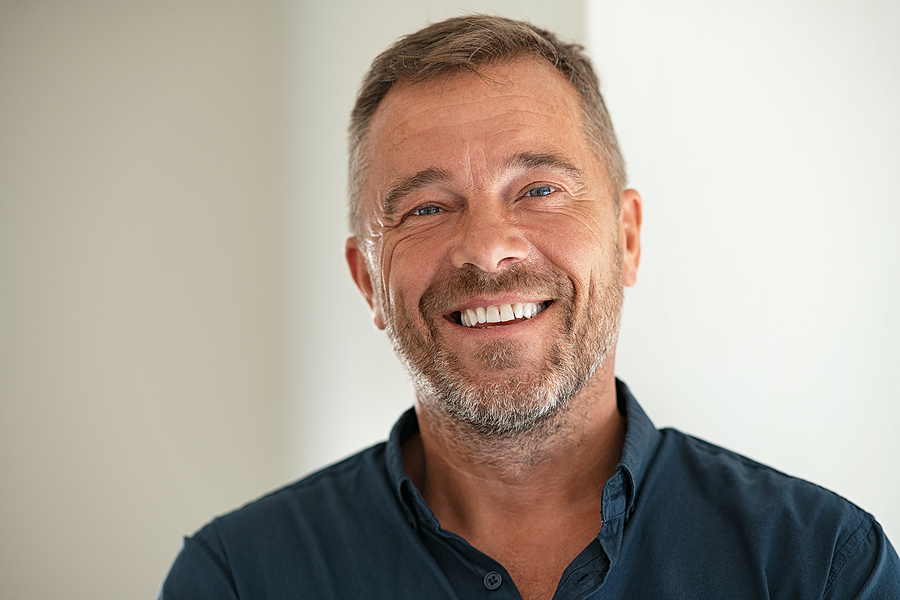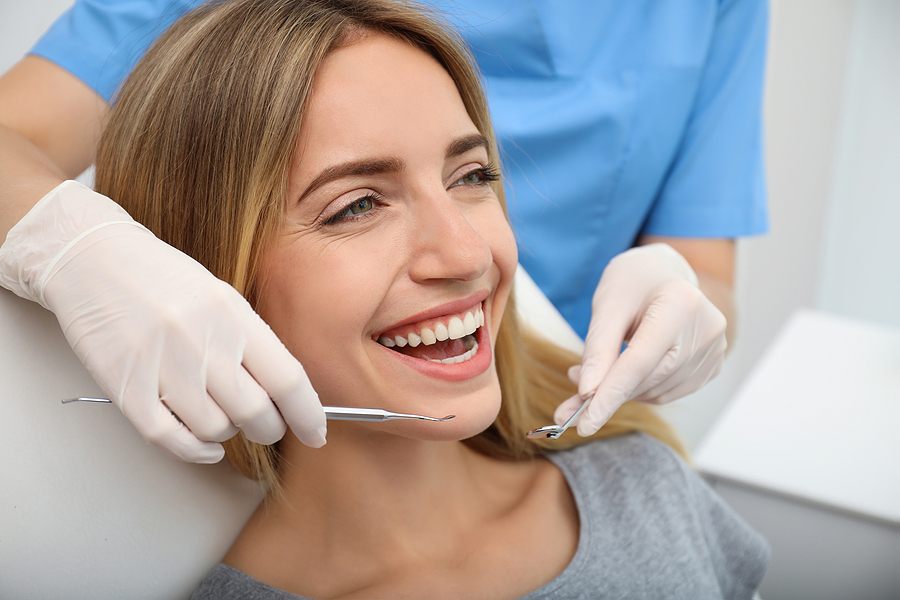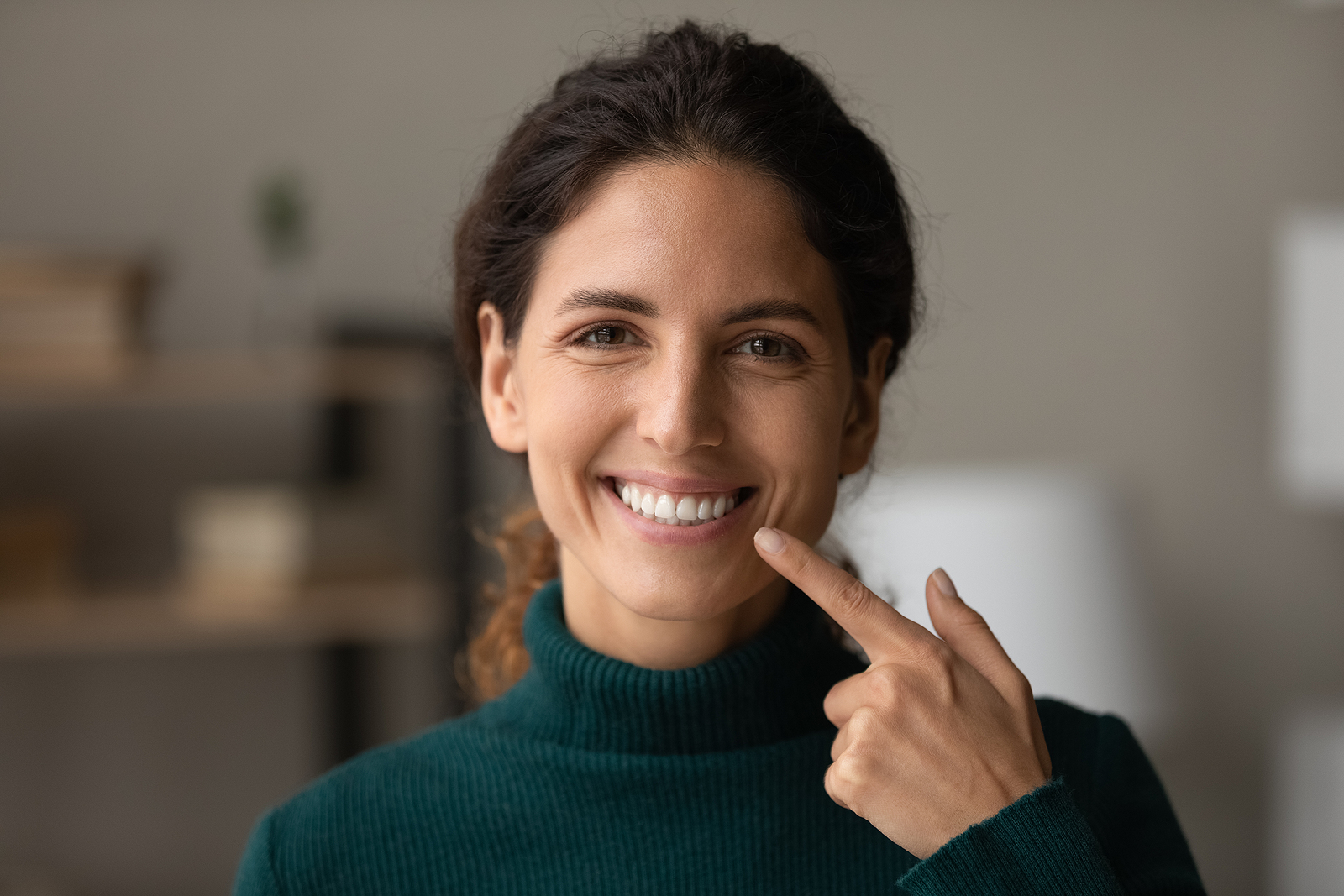- Home
- About
- Meet The Team
- Office Tour
- Specialty Referrals
- Blog
- Patient Information
- FAQs
- Do I Have Sleep Apnea
- I Think My Gums Are Receding
- Nightguards
- Oral Hygiene Basics Santa Clara
- What Should I Do If I Chip My Tooth
- Why Are My Gums Bleeding
- Wisdom Teeth Extraction
- Alternative to Braces for Teens
- Do I Need a Root Canal
- Improve Your Smile for Senior Pictures
- Options for Replacing Missing Teeth
- Technology
- When Is a Tooth Extraction Necessary
- Will I Need a Bone Graft for Dental Implants
- Dental Anxiety
- Doctor Recommendations
- Myofunctional therapy
- Oral Cancer Screening
- What Can I Do to Improve My Smile
- Which is Better Invisalign or Braces
- Services
- Smile Gallery
- Reviews
- Contact
- Book Online
Posted by Wellbeing Dentistry 2023-04-01
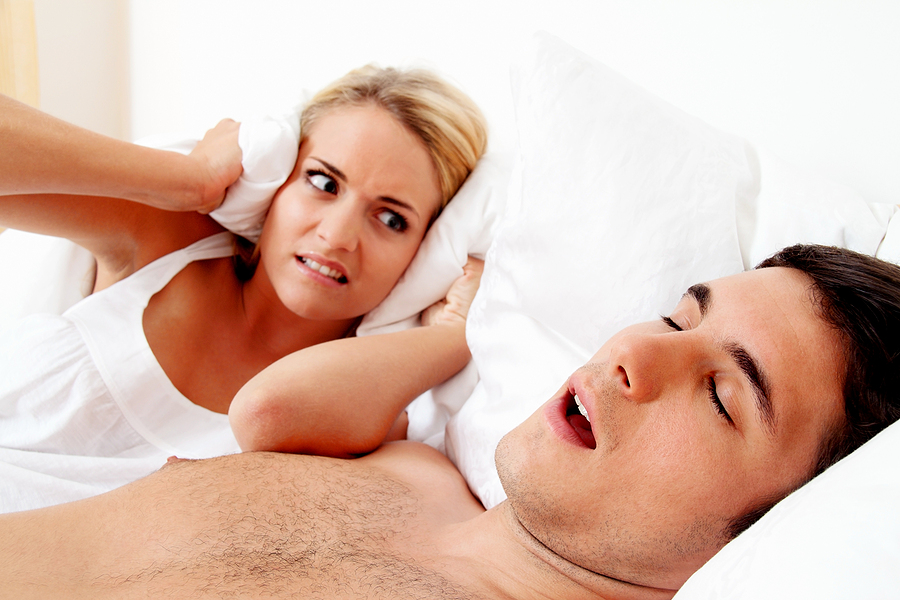
The disruption of the natural sleeping cycle by snoring, grinding and gritting teeth, or clenching the jaw is frequently one of the early warning symptoms of sleep apnea and sleep disordered breathing. The snorer is most often unaware that they are experiencing sleep disruption. Snoring might keep your bed partner awake, but it can also be dangerous to your health. Grinding, clenching, or gritting the teeth destroys them through wear, breakage, or abfraction.
Treatments for sleep disordered breathing
For obstructive sleep apnea patients, a biological dentist provides both excellent snoring relief and an alternative to CPAP therapy. Obstructive sleep apnea (OSA) and other sleep and breathing problems have been successfully treated using the oral appliance system in both children and adults. A continuous positive airway pressure device, or CPAP, is used to treat sleep apnea and is believed to be the most successful treatment. However, it is not a cure. On the other hand, patients usually quit using the device after a brief time of usage, leaving them exposed to OSA-related medical problems.
Patients who undergo oral appliance therapy for 12-24 months may no longer require CPAP or mandibular advancement (oral devices worn while sleeping over a lifetime). The FDA-approved oral appliance is a non-invasive, non-pharmaceutical therapy that effectively addresses some of the underlying causes of OSA. Around 80 clinical trials have been published, all of which indicate changes in the general size and location of the upper airway and associated facial features.
How it works
A preliminary appointment with a biological dentist is the first step. These certified dentists have undergone thorough training and are professionals in their field. The dentist creates and fits the patient’s oral appliance, which is effective for snoring treatment as well as mild to moderate sleep apnea. The device is worn orally in the evening and while sleeping, then removed in the morning, much like an athletic mouthguard. The device works by preventing soft tissues in the neck from sagging, keeping the airway open.
The benefits
While dental appliances may not be an appropriate treatment for severe cases of obstructive sleep apnea, they have already proven to be a viable alternative to surgery, medications, and CPAP in the great majority of instances. Oral appliance treatment has proven to be so effective in treating snoring and sleep apnea that dentists are now taking postgraduate courses to learn more about it. The goal is for individuals to seek medical help. The biological dentist will work carefully with their patients to see if their condition, teeth, bone structure, and need for alternative therapy qualify them for treatment.
Final note
Before treatment, patients will need to get an accurate diagnosis, so it is advisable to speak with the dentist about the symptoms and potentially undergo a sleep study. If you have sleep disordered breathing, a safe, effective, and easy-to-use oral appliance is made and fitted just for you, and it has high patient approval. Contact the office to schedule an appointment with a doctor to discover whether you are a candidate for treatment.
Request an appointment here: https://www.wellbeingdentistry.com or call Well Being Dentistry at (408) 244-0590 for an appointment in our Santa Clara office.
More Blog Posts
Visit Our Office
Santa Clara, CA
3993 Stevens Creek Blvd, Santa Clara, CA 95051
Email: wellbeingdentistry@gmail.com
Book NowOffice Hours
- MON - FRI8:00 am - 5:00 pm
- SAT - SUNClosed

